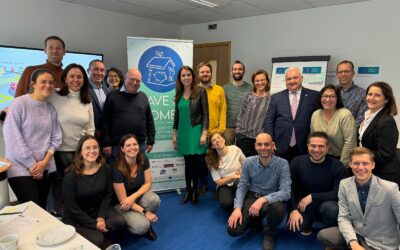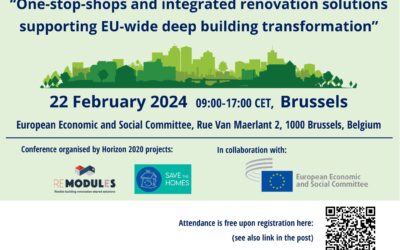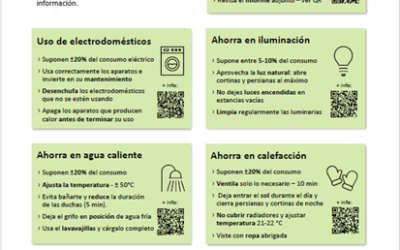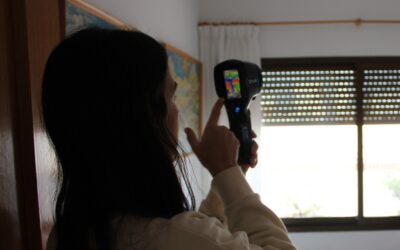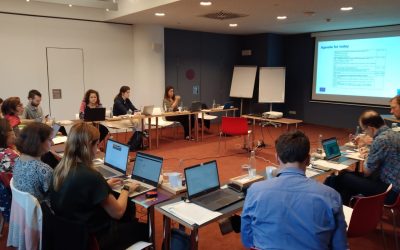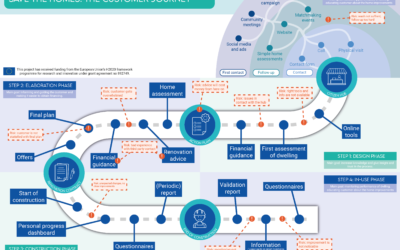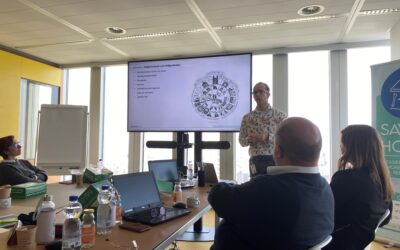To support our pilots with communication material, we conducted interviews with people from the renovation industry, in particular people who have changed jobs. We asked them about their experiences and motivations. This week: Walter Bokern, about ensuring you make impact in your work.
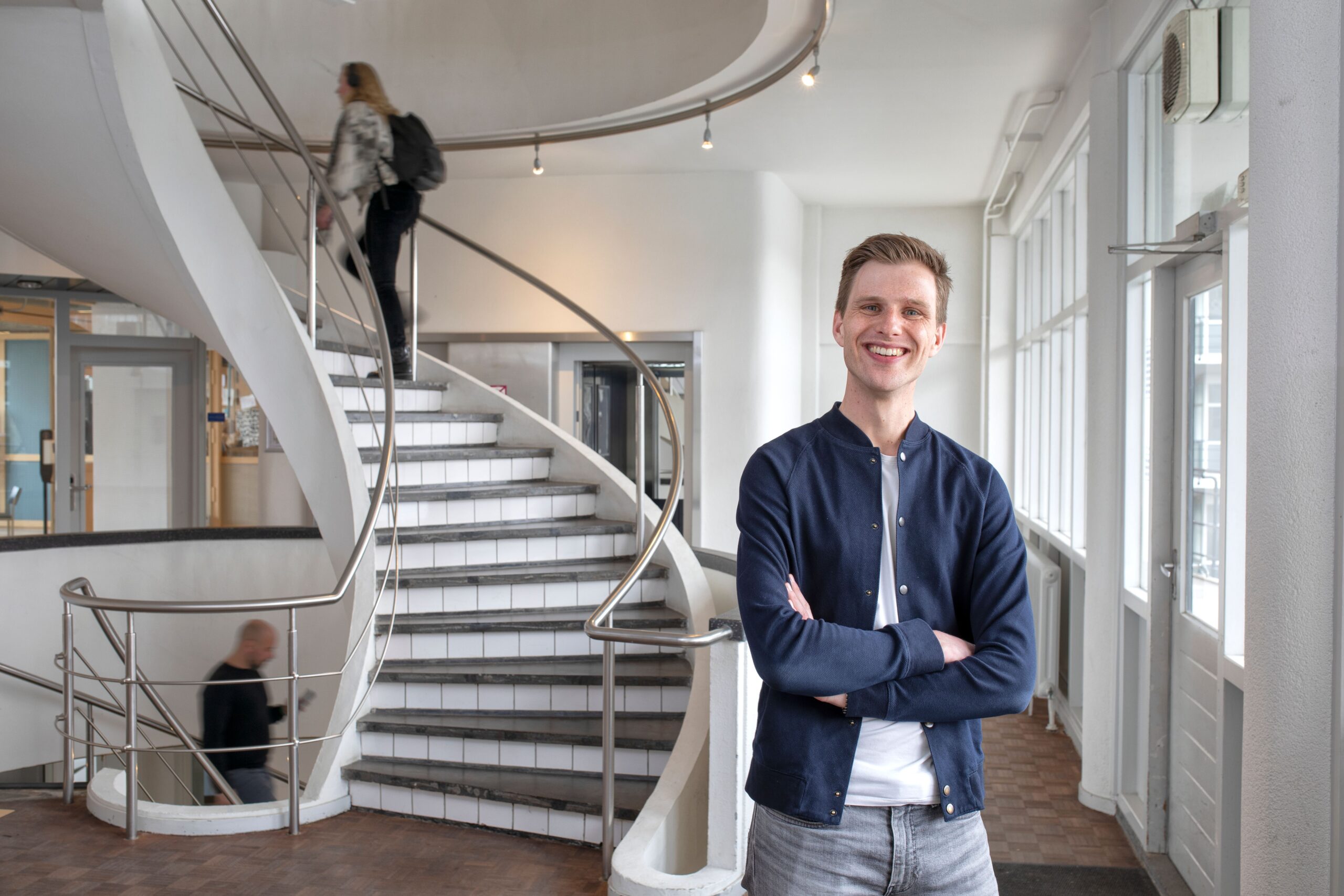
Walter Bokern is Chief Information Officer at Springco in Rotterdam, where he makes cities better. But how do you do this? And how do you ensure that you make an impact in your work?
What is your background?
I started my career in financial services. Soon I got an urge to make a difference, to make the world a better place. The industry I was in at the time didn’t seem right for me, so I started working for a company that helped immigrants send goods back home. Unfortunately, that turned out to be difficult. The next step was Coolblue. Here I found out that improving the world and commerce are difficult to combine; economic growth is not free: it has an effect on the climate. I learned a lot at Coolblue, but it was mainly about selling more. I was a manager there and I hired many people who think sustainability is important. Too bad, because you actually want to put these people in a place where they can make an impact in this area, such as with governments or non-profit organizations. I kept working on my process to make more impact, and the lockdown made my work less fun. This got me thinking about my future.
How did you become CIO at Springco?
I started to ask myself what really matters to me. This is also the period in which I became a vegetarian. I wanted to put my 40 hours into something good. I have had a fascination with cities for some time: the attraction, the subtle way in which cities influence our daily lives. A better world is important, and cities have a bigger role in this. Not only in terms of climate, but also socially. I then started doing something new, although working with data remained the shared denominator. With one foot in something new and the other in something familiar.

What do you do with Springco?
I work with data: especially about people. Data about the city and choices people make. For example, what motivates someone to become more sustainable? Who wants to renovate? What kind of people are those exactly?
We work with segments in this. What income do people from this segment have? What is their consumption? Their energy label? What is their attitude to sustainability? What is the probability that they will move soon? Or in 2 or 3 years? What are their housing requirements? If this shows a pattern, target groups arise; people with the same characteristics. For example, call them “Walters”. Then you can see in certain neighborhoods: more “Walters” want to live here than the housing stock allows.
With this we can advise municipalities and housing associations: what kind of houses do you build to keep a certain target group in the neighbourhood? Which houses should be made more sustainable first, based on the needs and attitude of the residents? In this way we use data for a more liveable and sustainable city.
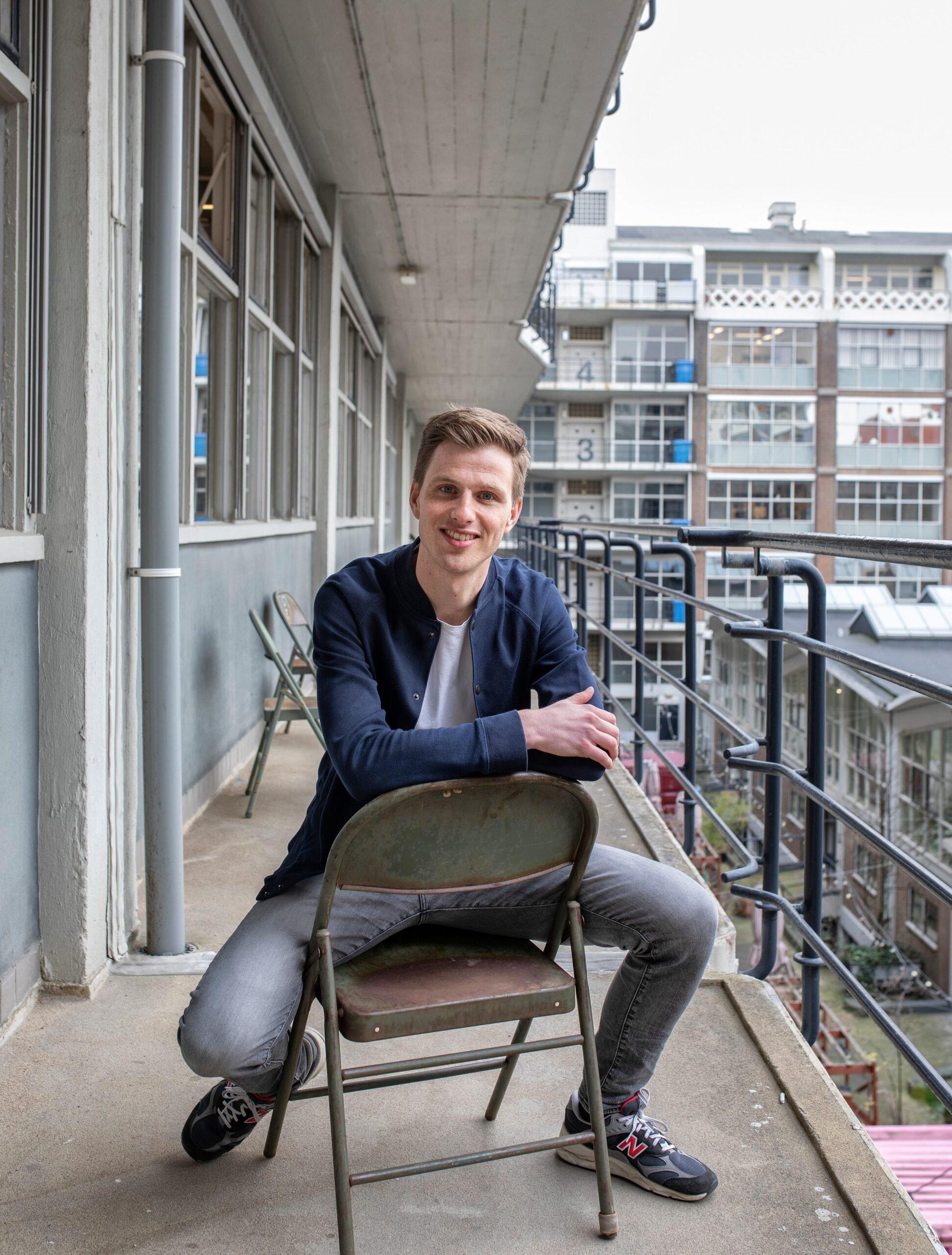
Photograpgy: Eric Fecken Fotografie
Text: Ruben Veneklaas
